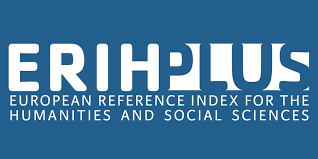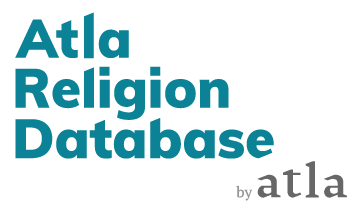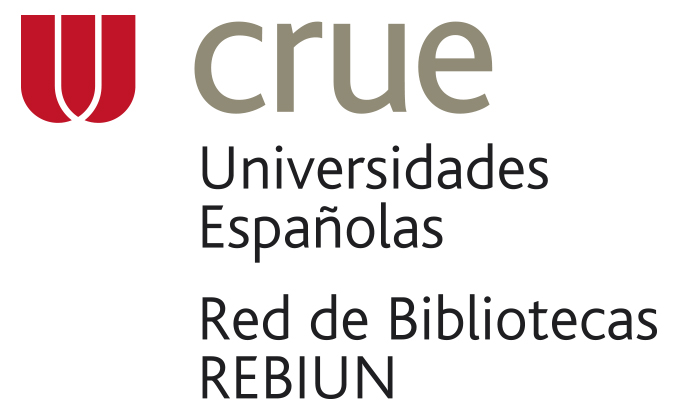Author Guidelines
Articles
a) The first page should include a properly centered title; the author's full name (first name and last name; avoid the use of abbreviations); academic affiliation, including the institution's name (if there is more than one, mention the one with the strongest connection to the author), city, country, contact email, and ORCID code. Additionally, include a brief biography in the footer, indicating all academic degrees and the role performed.
b) It must include a summary (abstract) in Spanish and English, with a length of no less than 150 words and no more than 250 words. Additionally, add a maximum of five keywords that properly identify the central theme of the article.
c) The article should have a minimum length of 5,000 words and a maximum of 10,000 words.
d) The text should be divided into the following sections:
- Introduction; 2. Development; 3. Conclusions; and 4. Bibliographic References.
Only the section '3. Conclusions' can be titled as desired by the author. If the author decides to subdivide the sections of '2. Development', it can be done as long as the enumeration is respected: 2.1, 2.1.1, 2.2, and so on.
Submit a new article to the Articles section.
Find an Article template for Anales de Teología by clicking here.
Reviews
a) It must include the minimum bibliographic data for proper identification: Initial of the author's first name and last name in small caps, book title in italics, collection to which the work belongs (in parentheses indicating the number), publisher, city, year, number of pages, and ISBN number. For books reviewed in another language, respect the bibliographic data in the original language.
b) The review, regardless of its length, should provide an overview of the content without neglecting any criticisms or observations that the author deems relevant. A length of no more than 1,500 words is recommended.
c) The author must include their full name (avoiding the use of abbreviations), academic affiliation (if there is more than one, mention the one with the strongest connection to the author), ORCID, and contact email at the end of the text, on the left margin.
e) Books for review should not be older than three years.
f) The author of the review must provide a 250-word abstract along with the respective keywords.
Submit a new review to the Reviews section.
Find a Reviews template for Anales de Teología by clicking here.
Citations and References
In-text citations:
Bibliographic notes should have the following characteristics:
Initial of the author's first name and last name in small caps, book title in italics, publisher, city, year, and number of pages in normal font. Journal article titles should be in "quotation marks" in normal font, the name of the journal in italics, followed by the volume number and/or issue number in parentheses, and then the corresponding pages. Collaborative works, as well as dictionary entries, should follow the same criteria.
See the following examples:
Book:
H. Pino, Introducción a la Biblia hebrea, Sígueme, Salamanca 2005, 89-91.
<pArticle:G. Hentschel - C. Niessen, "Der Bruderkrieg zwischen Israel und Benjamin (Ri20)", Biblica 89.1 (2008) 1-16.
Collaborative work:
G. Pino, "Una aproximación al concepto de 'naturaleza' en Santo Tomás de Aquino", in: V. Torres (ed.), La filosofía tomista. Enfoques actuales, San Pablo, Santiago 2005, 350-372.
Dictionary entry:
H. Pino, "Crítica textual", in:H. Pino - F. Huerta (eds.), Diccionario bíblico manual, BAC, Madrid 1999, 505-510.
For subsequent citations, an abbreviated format should be used, including the initial of the author, last name, two or three words from the title followed by ellipsis, and the cited page:
H. Pino, Introducción a la Biblia..., 90.
In the case of using internet sources, the same criteria apply, adding the URL and the date the page was accessed. Example:
G. Hentschel - C. Niessen, "Der Bruderkrieg zwischen Israel und Benjamin (Ri 20)", Biblica 89.1 (2008) 1-16, https://www.bsw.org/biblica/vol-89-2008/der-bruderkrieg-zwischen-israel-und-benjamin-ri-20/31/article-p35.html. Accessed July 10, 2023.
Citations of biblical books should follow the abbreviation model of the Biblia de Jerusalén, fifth edition (Bilbao 2019).
For the use of biblical sources, preferentially use "bwhebb" for the Hebrew text and "bwgrkl" for the Greek text, or transliterated form.
In the bibliographic references (end of the document):
Bibliographic references should be arranged alphabetically and comply with the guidelines of Anales de Teología. In the case of works with DOIs, the DOI should be included at the end. For example:
Aranguren, L. - Palazzi, F. (eds.), Desafíos de una teología iberoamericana inculturada en tiempos de globalización, interculturalidad y exclusión social, Boston College, Boston 2017.
Santamaría del Río, L., 2023. "Ayahuasca, Coronavirus Y transformación: La Perspectiva Espiritual De La organización Inner Mastery", Anales de Teología 25.1 (2023) 17-38. https://doi.org/10.21703/2735-63452023250102
Cebitepal, "Las Ponencias de Medellín", Medellín 171 (2018) 05-246.
Celam, Documento para el discernimiento comunitario. En la Primera Asamblea Eclesial de América Latina y El Caribe, CELAM, Ciudad de México 2021.
Celam, Hacia una Iglesia sinodal en salida a las periferias. Reflexiones y propuestas pastorales a partir de la Primera Asamblea Eclesial de América Latina y el Caribe, CELAM, Bogotá 2022.
Chenu, M. D., "Los signos de los tiempos", Selecciones de Teología 16 (1965) 295-296.
Coda, P. - Repole, R. (eds.), La Sinodalidad en la vida y en la misión de la Iglesia. Reflexiones sobre el Documento de la Comisión Teológica Internacional, Ciudad Nueva, Madrid 2020.
Codina, V., "Las ponencias de Medellín", Medellín 171 (2018) 25-47.
Copyright Notice
The contents of this journal are licensed under the Creative CommonsAttribution-NonCommercial 4.0 International License, which allows sharing and adapting the works with proper acknowledgment of the original authorship and for non-commercial purposes. As such, the general public can use the documents published in the journal, acknowledging the respective author's rights and citing the publication with the indication of the original source (journal name and edition). Authors are also free to reuse their works while respecting the same licensing terms.
Privacy Statement
The names and email addresses entered in this journal site will be used exclusively for the stated purposes of this journal and will not be made available to third parties or used for other purposes.















